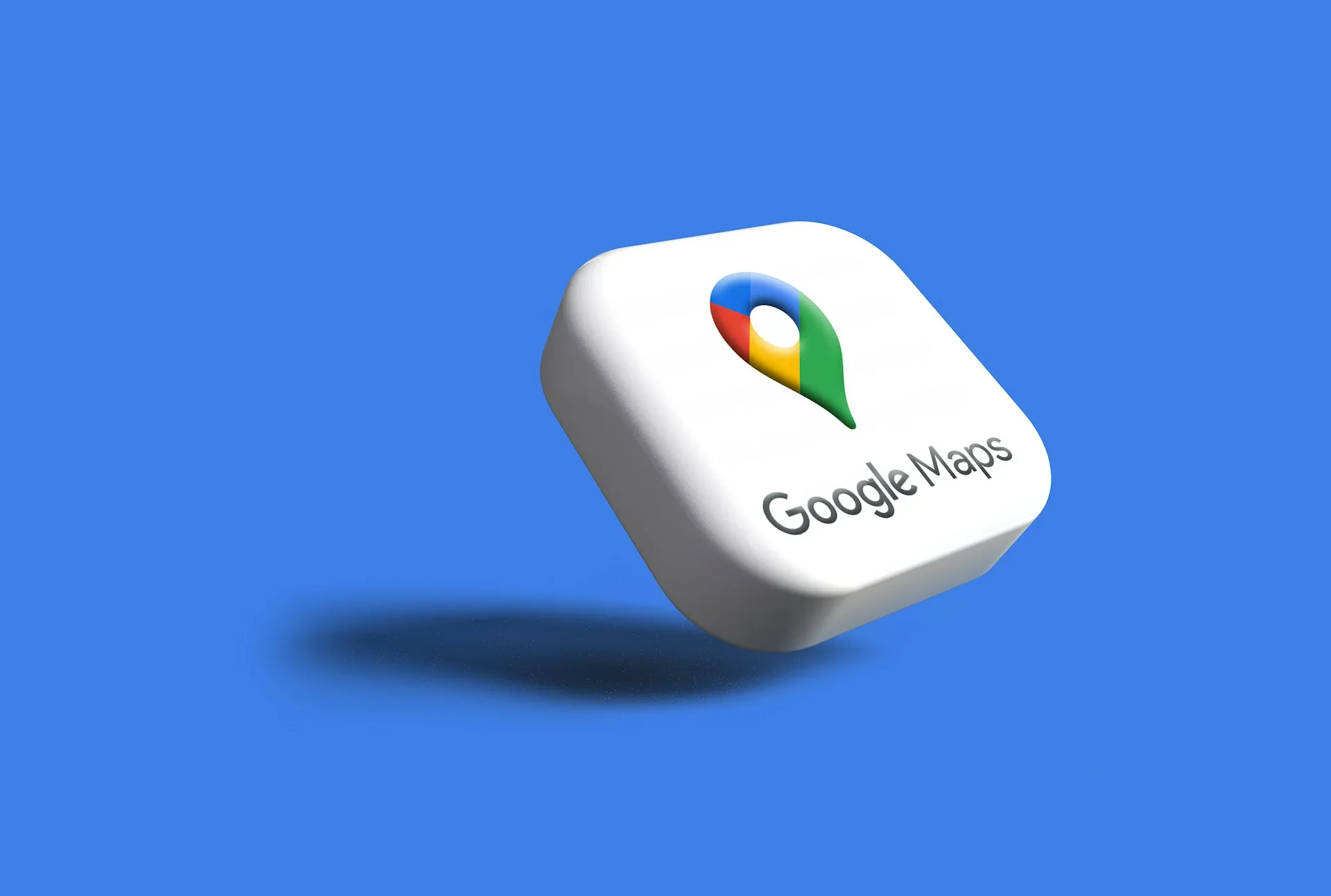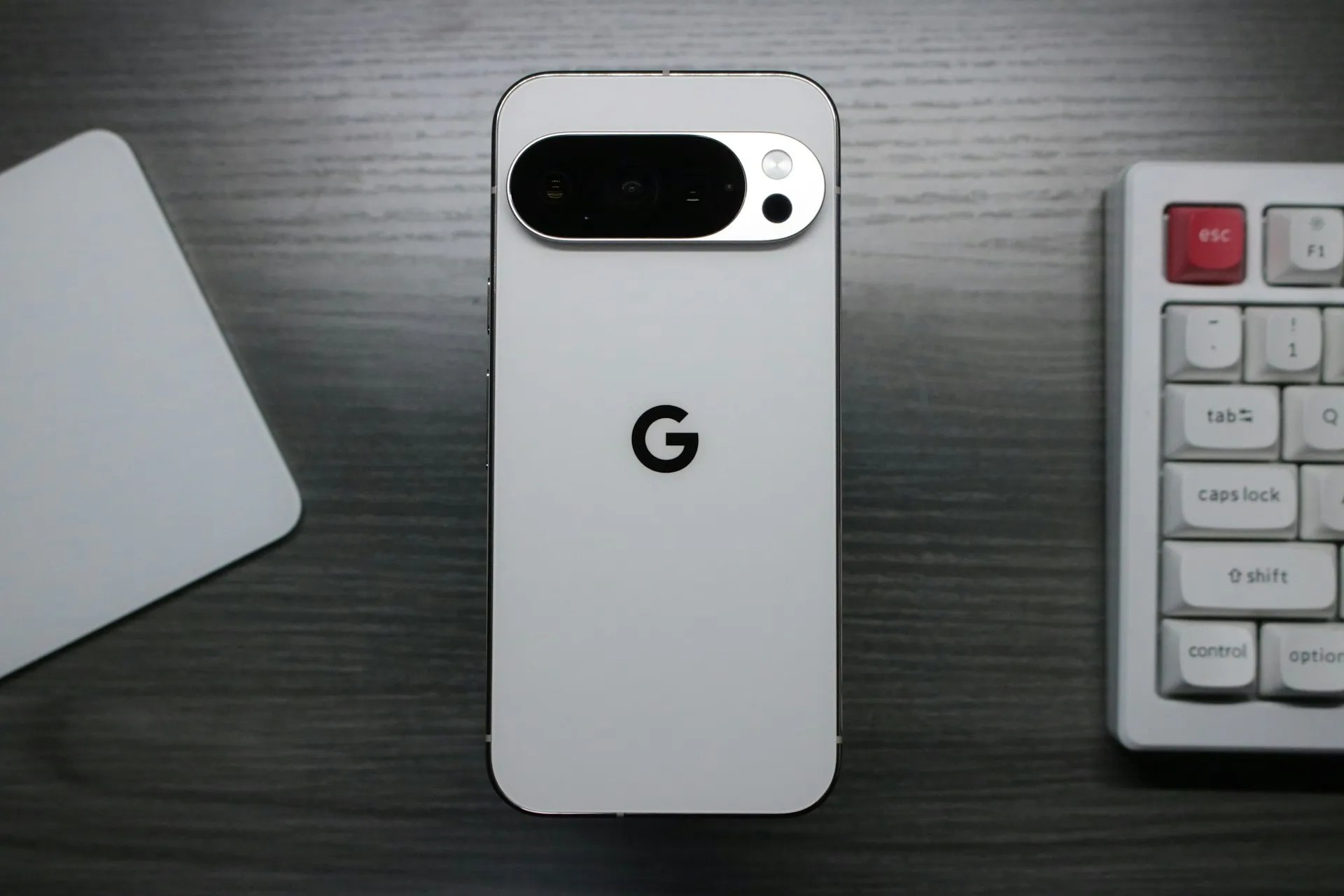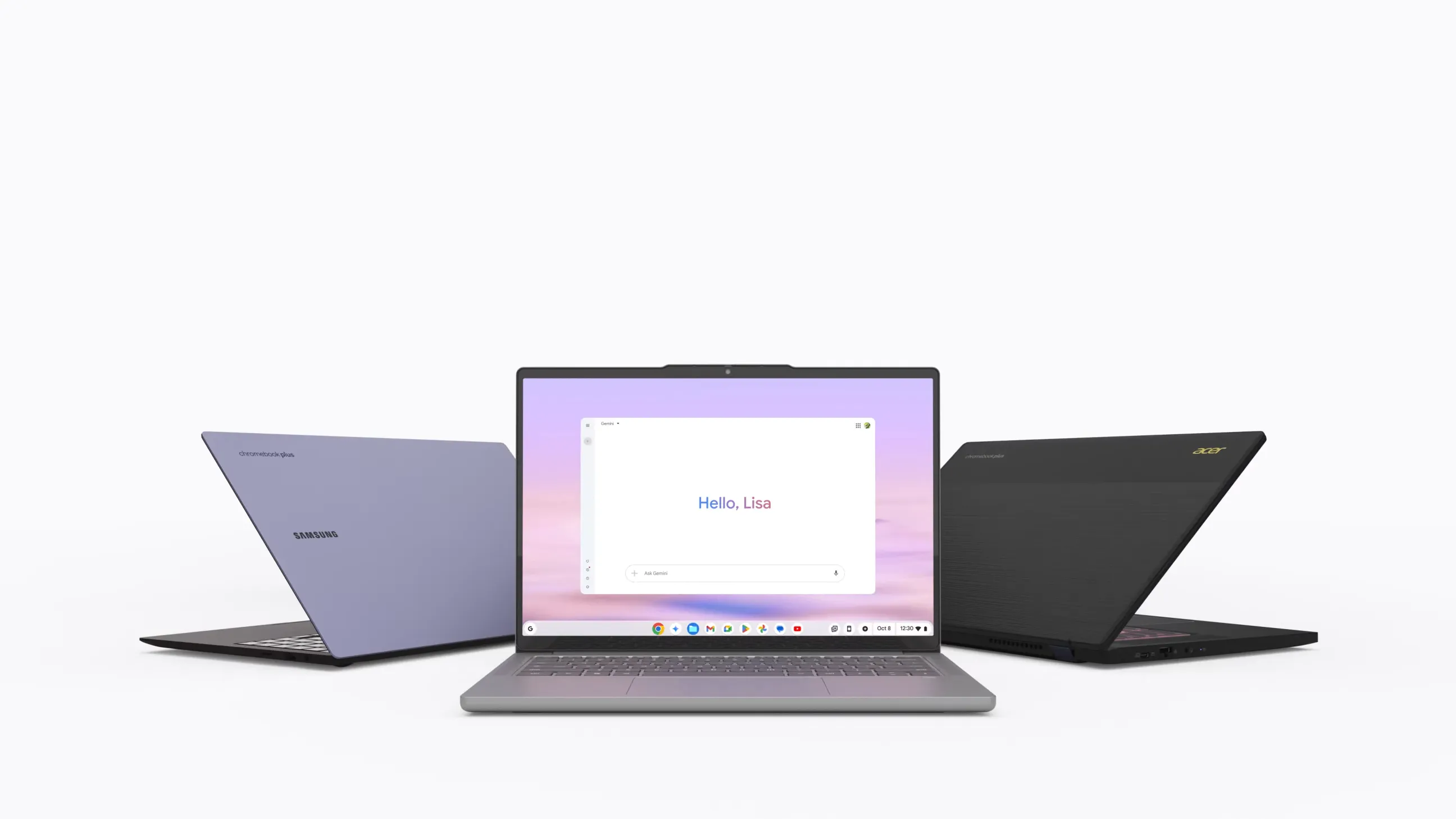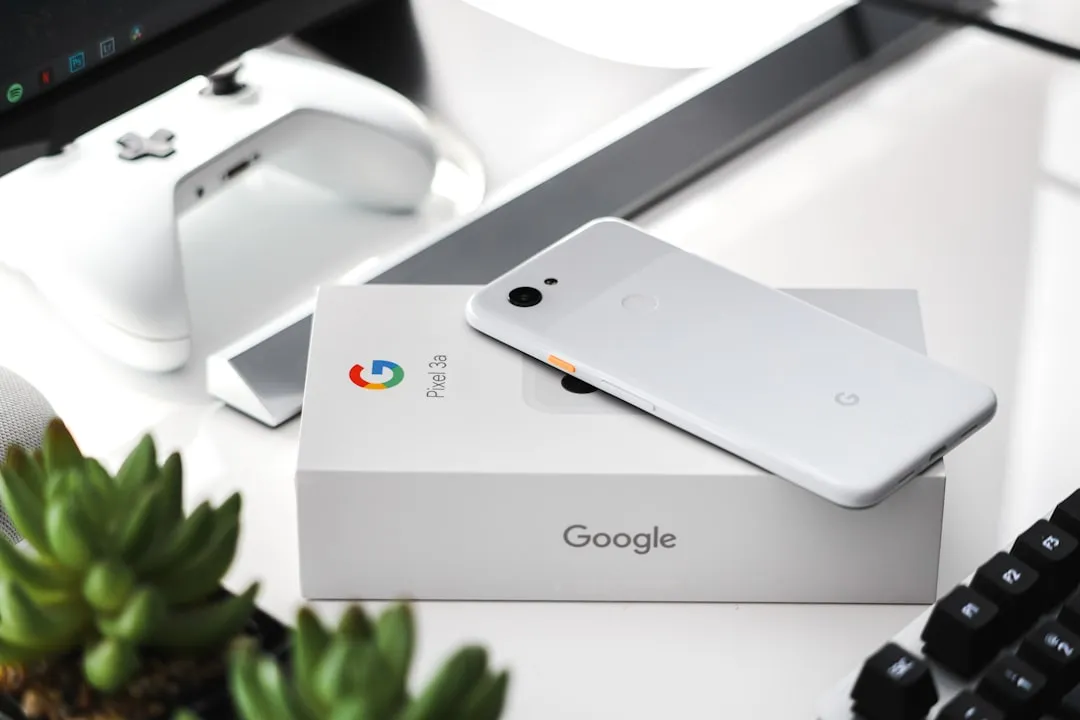Reviewed by Corey Noles
The text message battleground just took an unexpected turn. While we've all been obsessing over green versus blue bubbles, Google threw down the gauntlet with a surprisingly blunt assessment: the entire debate is "silly and tired." But here's the kicker — this declaration comes just as the tech giant finally got what it wanted most.
What you need to know:
Google's victory lap: After years of campaigning, Apple finally adopted RCS in iOS 18
Green bubbles stay: Despite RCS support, Android messages remain green on iPhones
Justice weighs in: The DOJ's antitrust lawsuit specifically targets Apple's bubble strategy as anticompetitive
Teens still choosing sides: 87% of teens own iPhones, partly due to messaging peer pressure
Why Google's "silly" comment feels like a victory speech
Look, Google didn't suddenly develop a zen-like attitude toward Apple's messaging tactics. This dismissive tone comes after years of relentless campaigning that included everything from Twitter memes to actual roadside billboards pressuring Apple to adopt RCS.
The campaign worked spectacularly. Apple announced RCS support in November 2023 after sustained pressure from European regulators and Google's public shaming tactics. Now that RCS messaging works between Android and iPhone — bringing typing indicators, read receipts, and high-quality media sharing — Google can afford to sound magnanimous.
But Google's spokesperson conveniently glosses over a critical detail: green bubbles aren't going anywhere. Apple made that crystal clear when it rolled out iOS 18. The visual divide remains intact, preserving the social dynamics that transformed a technical limitation into a cultural battlefield. This gives Apple the best of both worlds — regulatory compliance through RCS adoption while maintaining the psychological advantage of bubble hierarchy.
The bubble problem Apple won't actually solve
Here's where Google's "silly" assessment rings particularly hollow. The company spent years correctly identifying that Apple's messaging strategy was deliberately fragmenting the texting experience. Internal Apple emails revealed in the DOJ lawsuit show executives explicitly discussing how seamless cross-platform messaging might hurt iPhone sales.
The social impact extends far beyond anecdotal complaints. College students describe visceral negative reactions to green bubbles, with some reporting being "ghosted" due to their Android phones. These personal experiences reflect broader adoption patterns that reinforce Apple's smartphone dominance — the same 87% teen iPhone ownership that now represents a massive competitive moat built partially on messaging exclusivity.
Research shows that Apple deliberately designed green bubbles to be harsher on the eyes, maintaining the visual hierarchy that positions iMessage as premium and everything else as lesser. This isn't accidental design — it's strategic psychology that creates "green bubble shaming" particularly among younger users.
What RCS actually fixes (and what it doesn't)
Don't get me wrong — RCS adoption represents a genuine breakthrough for cross-platform messaging. During extensive testing across multiple devices and carriers, the improvements are immediately apparent. Android Authority's hands-on coverage confirms that photos and videos now maintain their original quality when sent from Android to iPhone, ending years of pixelated media exchanges.
You also get the modern messaging basics we should have had years ago: typing indicators, read receipts, and the ability to properly participate in group chats without breaking features for iPhone users.
But here's where the "perfect solution" narrative breaks down. RCS messages still lack end-to-end encryption when crossing platforms. Apple says it's working with Google on a more secure global RCS standard, but there's no timeline for that upgrade.
Meanwhile, Google's own messaging app undermines the quality argument it spent years making against Apple. Recent testing revealed that Google Messages heavily compresses outbound images even over RCS, potentially perpetuating old misconceptions about Android photo quality. This irony isn't lost on users who experienced Google's "Send photos faster" messaging wars only to discover the company was creating its own compression problems.
The bigger picture Google won't admit
Calling the bubble debate "silly" ignores the legitimate antitrust concerns that drove Apple to adopt RCS in the first place. The Justice Department's lawsuit specifically argues that Apple's messaging strategy creates artificial switching costs and social pressure that reinforce its smartphone dominance through non-competitive means.
That's not silly — it's strategically brilliant and potentially illegal. Apple's internal communications show executives understood exactly how messaging fragmentation served as iPhone lock-in, with one noting that "moving iMessage to Android will hurt us more than help us."
The regulatory landscape extends well beyond US antitrust enforcement. The EU's Digital Markets Act is pushing toward mandatory messaging interoperability, which could fundamentally reshape how these services work globally. Google's dismissive tone feels premature when facing regulatory momentum that demands genuine platform neutrality, not just technical compatibility.
Where this actually leaves us
Google's "silly and tired" comment feels particularly tone-deaf when GSM Intelligence notes that Apple's RCS adoption "opens a new messaging gateway between different OS worlds" — suggesting we're at the beginning of major shifts, not the end of relevant debates.
Now here's the thing that bothers me most about Google's dismissive stance: the technical improvements are welcome, but the cultural and competitive dynamics that created the bubble wars haven't disappeared. The visual divide persists, social pressures continue influencing device choices, and the fundamental question of whether tech companies should use messaging as competitive weapons remains unresolved.
Maybe Google can afford to sound dismissive now that it achieved its primary technical objective of RCS adoption. But until the visual divide disappears and cross-platform messaging truly reaches functional and social parity with iMessage, calling the debate "silly" feels more like declaring premature victory than solving fundamental problems about digital inclusion and fair competition.
The bubble wars might be evolving with RCS improvements, but they're far from over. And Google's victory lap might be starting a bit too early.

























Comments
Be the first, drop a comment!